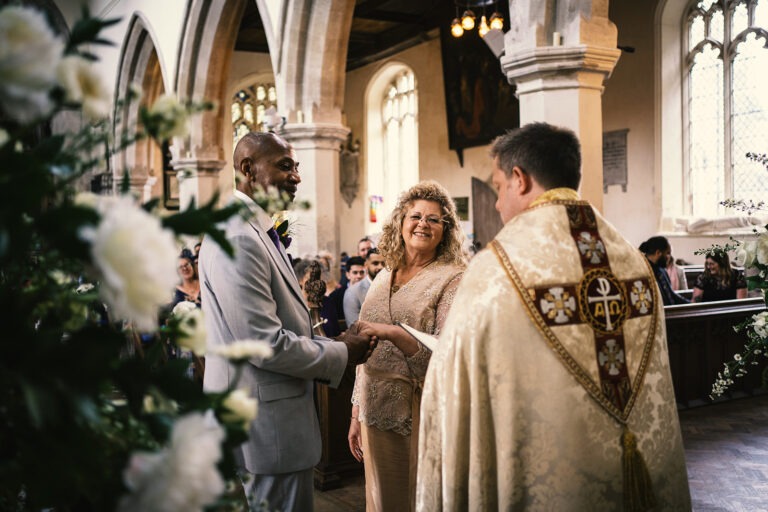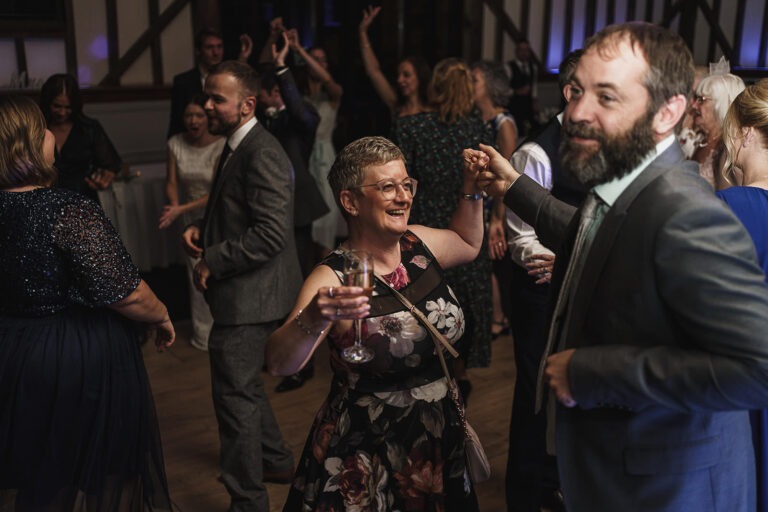Ah, the age-old question—should you go it alone or seek guidance from someone who’s been there, done that? In a world overflowing with online courses, YouTube tutorials, and self-help books, self-teaching has never been easier. But does that mean mentors are obsolete? Not quite. While DIY learning can be empowering, mentoring can accelerate your growth in ways you might not expect. So, which approach is best? Let’s break it down.
The Case for DIY Learning: Freedom, Flexibility, and Experimentation
We live in the golden age of self-learning. Gone are the days when you had to enroll in expensive courses or spend years under the guidance of a master to pick up a new skill. With just a few clicks, you can learn photography, coding, painting, business, or pretty much anything else. YouTube, Udemy, Skillshare, Coursera—there’s no shortage of resources out there.
One of the biggest benefits of DIY learning is the freedom it gives you. You set your own schedule, you learn at your own pace, and you choose what to focus on. If you’re someone who loves independence and enjoys problem-solving, this method can be incredibly rewarding.
Another perk? Experimentation. When you’re self-taught, you’re free to try new things without fear of “failing” in front of someone else. You can explore different styles, make mistakes, and refine your approach without external pressure. Many great artists, photographers, programmers, and business owners have built successful careers entirely through self-learning.
And let’s not forget the cost factor. Hiring a mentor, taking structured courses, or joining workshops can be expensive. Self-learning, on the other hand, is often free or significantly cheaper. If you’re on a budget, DIY learning makes perfect sense.
When Does DIY Learning Hit a Wall?
As great as DIY learning is, it has its limitations. One of the biggest challenges is knowing what you don’t know. When you’re self-teaching, you might miss crucial aspects that a mentor would have pointed out immediately. You could develop bad habits, waste time on ineffective methods, or get stuck in a cycle of trial and error that slows down your progress.
Then there’s the motivation factor. Learning something on your own requires serious self-discipline. Without deadlines, accountability, or external validation, it’s easy to lose momentum. Have you ever started learning something new, only to abandon it a few weeks later? That’s one of the biggest pitfalls of going solo.
Another issue? Lack of feedback. You can watch all the tutorials in the world, but if no one’s there to critique your work or guide you in real time, you might struggle to improve. Growth often comes from constructive criticism, something that’s hard to get when you’re learning alone.
The Case for Having a Mentor: Why Guidance Matters
If DIY learning is like taking a scenic road trip, mentorship is like having a GPS. Sure, you might eventually find your way on your own, but a mentor can get you there faster, with fewer wrong turns. A good mentor provides structure, encouragement, and real-world insights that books and videos simply can’t offer.
One of the biggest benefits of having a mentor is personalised advice. Unlike generic online tutorials, a mentor tailors their guidance to your specific needs and goals. They help you identify weaknesses, refine your skills, and avoid common mistakes.
Mentors also offer accountability. When you have someone checking in on your progress, you’re less likely to slack off. They keep you motivated, push you past your comfort zone, and make sure you’re staying on track.
And let’s not forget about networking. A mentor can introduce you to industry contacts, recommend opportunities, and open doors that would have otherwise taken you years to access. This is especially valuable in creative fields like photography, business, and the arts, where connections often play a big role in success.
When Is a Mentor Essential?
There are certain situations where having a mentor isn’t just helpful—it’s essential. If you’re pursuing a career in a highly competitive field, a mentor can give you the edge you need to stand out. They can help you navigate industry norms, refine your portfolio, and build a personal brand that attracts opportunities.
If you’re struggling with motivation or direction, a mentor can provide the structure and encouragement you need to keep going. Many people give up on their goals simply because they don’t have the right support system. A mentor acts as a coach, helping you stay focused and committed.
And if you’re trying to master a complex skill—something that requires hands-on practice and direct feedback—then mentorship can make a world of difference. Learning surgery from YouTube? Probably not a great idea. Trying to become a master craftsman, musician, or athlete? A mentor is crucial.
So, Which One Works Best?
The answer? It depends. If you’re highly self-motivated, enjoy exploring at your own pace, and don’t mind a bit of trial and error, DIY learning might be all you need. But if you’re serious about mastering a skill, accelerating your progress, and making industry connections, finding a mentor is worth considering.
The best approach? A combination of both. Use DIY learning to gain foundational knowledge and experiment with different techniques, then seek mentorship when you’re ready to refine your skills and take things to the next level.
Final Thoughts: Choose What Works for You
At the end of the day, whether you go the DIY route or find a mentor, the most important thing is to keep learning. Some of the greatest innovators in history were self-taught, while others benefited from the guidance of mentors. The key is to find a method that keeps you engaged, motivated, and constantly improving.
So, what’s your learning style? Do you prefer the freedom of self-teaching, or do you thrive under the guidance of a mentor? Whatever path you choose, just keep growing.
Keywords for SEO:
- DIY learning vs mentorship
- Self-teaching vs mentorship
- Benefits of having a mentor
- How to find a mentor for learning
- Best ways to self-learn a new skill
- Online learning vs mentorship
- Why mentorship is important
- DIY education vs structured learning
- Mentorship advantages and disadvantages
- How to stay motivated in self-learning
- Finding a mentor for career growth
- Is self-teaching effective?
- How to learn a skill without a mentor
- Benefits of DIY learning
- The role of mentors in professional success
- How to accelerate learning with a mentor
- Online courses vs mentorship
- Mentorship in creative fields
- How to improve skills without a teacher
- Self-learning strategies for success





